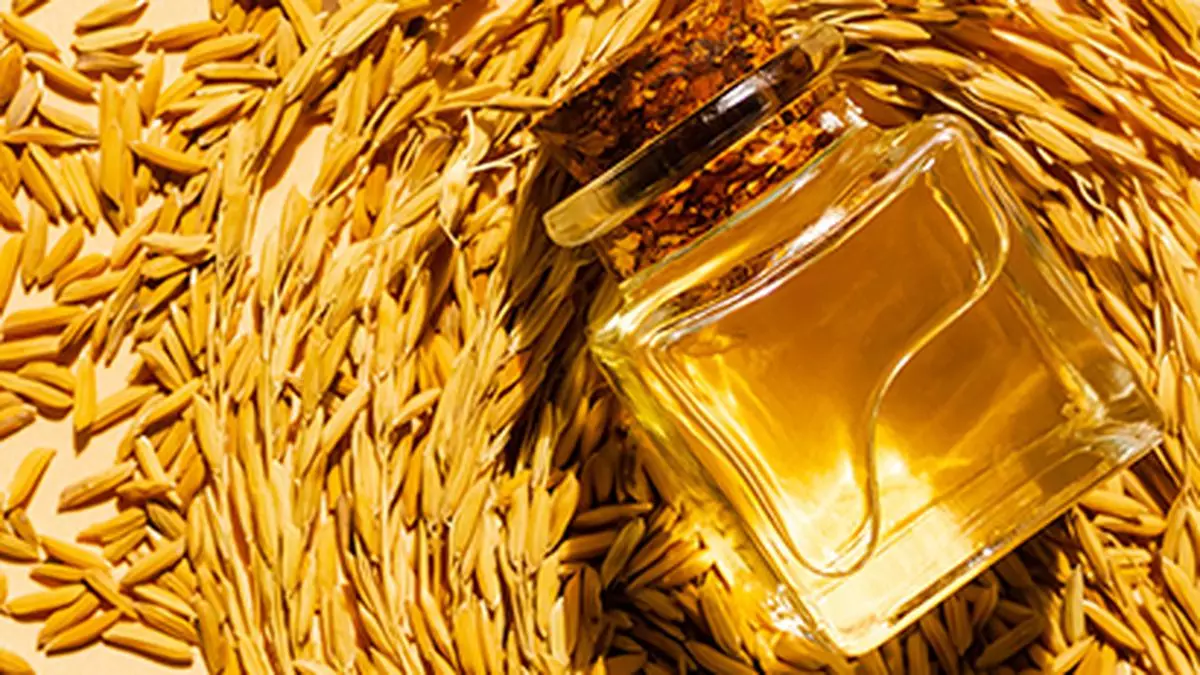SEA urges Centre not to extend ricebran export ban beyond Nov-end
The Solvent Extractors’ Association of India (SEA) has urged the Centre not to extend its prohibition on exports of de-oiled ricebran beyond November-end.
In a letter to the Union Minister for Fisheries, Animal Husbandry and Dairying, Parshottam Rupala, SEA Presiden Ajay Jhunjhunwala said the total export of de-oiled ricebran constitutes less than 10 per cent of the production. Restriction on its export could adversely affect paddy farmers, hindering them from realizing better returns on their produce.
Industry benefits from the export of de-oiled ricebran through enhanced raw material availability for processing, he said, adding, this leads to better capacity utilization, increased employment, and significant value addition.
“By exporting de-oiled ricebran, we achieve a measure of self-sufficiency in oil production, reducing our dependency on imports,” he said.
Risks of damaging reputation
Stating that India has successfully developed an export market for de-oiled ricebran serving Vietnam, Thailand, Bangladesh and other Asian countries, he said this has positioned India as a reliable supplier in the international market. An abrupt change in export policy risks damaging this hard-earned market standing.
Eastern states, including West Bengal, are the significant producers of ricebran extraction in the country. There is limited demand for ricebran extraction in Eastern India due to the underdeveloped cattle-feed industry, he said.
“The exorbitant local freight charges to move ricebran extraction from Eastern India to South or West India make exports the principal means of disposal for ricebran extraction in the region. Since export is banned, ricebran processors in Eastern India are facing the prospect of shutting down their operations, adversely impacting the rice milling industry and reducing ricebran oil production,” Jhunjhunwala said in the letter.
Processing of ricebran has picked up with the commencement of new season, and availability of de-oiled ricebran has greatly improved. This can be seen in the reduction of price from ₹18,000 a tonne on July 28 (date of notification prohibiting its exports) to ₹13,500 a tonne at present. He said it is likely to go down further with increased availability of ricebran for processing.
“In view of the above facts and sharp fall in price of de-oiled ricebran, we request the Government to kindly lift the ban imposed on export of de-oiled ricebran. We also emphasize that restriction imposed should not extend beyond November 30, 2023,” he said in the letter.
